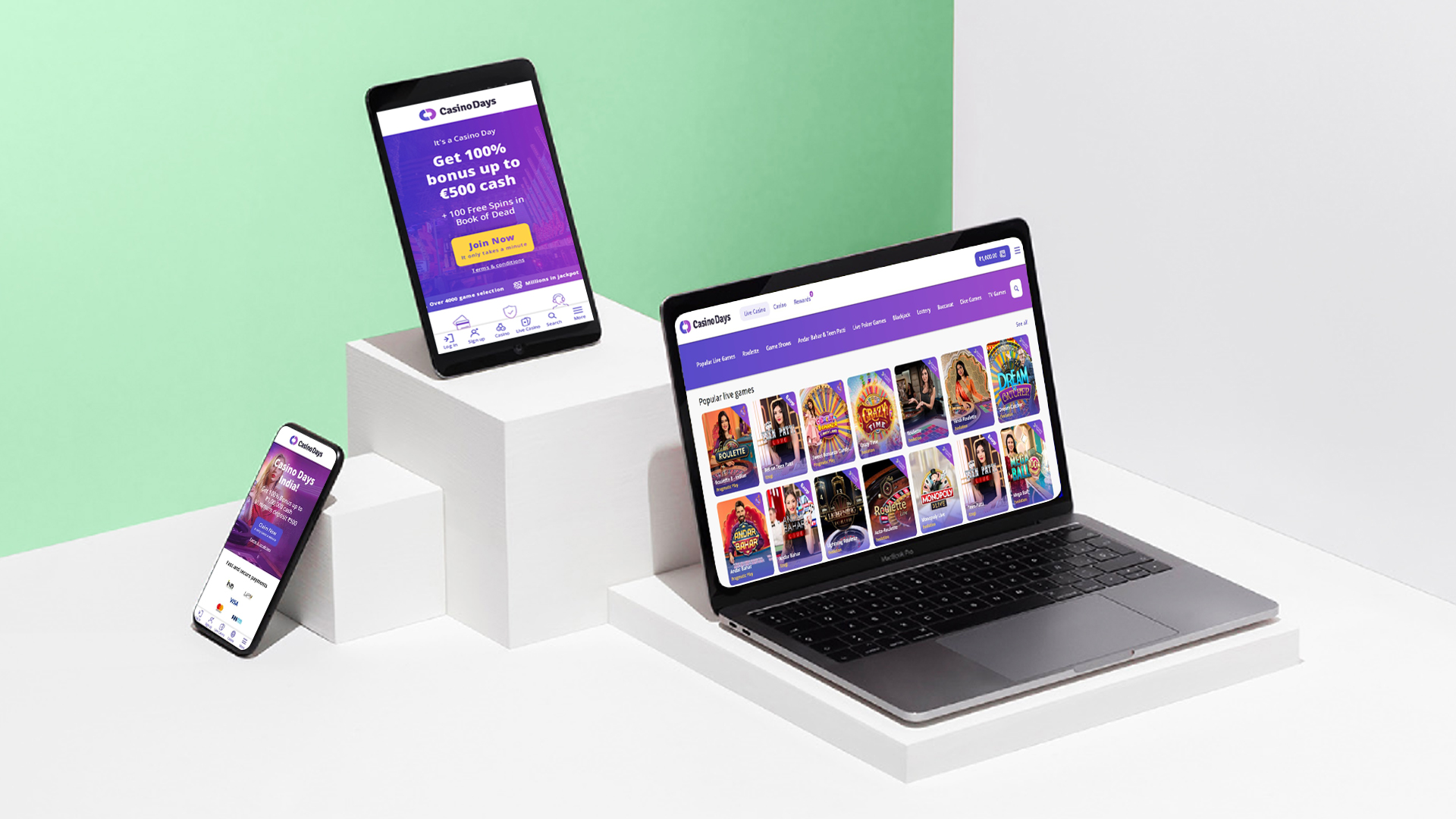Top News
India may have up to three times more TB patients than assumed
 New Delhi : Ground zero of the global battle against one of humankind’s deadliest diseases, India could have between two and three times more tuberculosis (TB) cases than currently assumed, said a recent paper released in ‘Lancet’, a medical journal.
New Delhi : Ground zero of the global battle against one of humankind’s deadliest diseases, India could have between two and three times more tuberculosis (TB) cases than currently assumed, said a recent paper released in ‘Lancet’, a medical journal.
The study found that in 2014, the private sector treated between 1.9 million and 5.34 million cases — or about double the cases handled by government-run hospitals.
Before this study, India was believed to have about 2.2 million TB cases, a quarter of the global TB burden, thus far estimated at about 6.3 million.
However, the private sector both helps and hinders TB treatment, the study implies.
Although standardised tuberculosis treatment in India is delivered by the public sector, early diagnosis and treatment are hampered by the presence of a vast and unregulated private health-care sector, said the study, whose eight authors come from a variety of institutions, including London’s Imperial College, the Indian government, the World Health Organisation and the Bill and Melinda Gates Foundation, which funded the study.
“Poor diagnostic practices in this sector prolong tuberculosis transmission by delaying diagnosis, whereas a general lack of counselling and support of treatment adherence hampers successful, relapse-free cure,” said the study. “Moreover, most cases treated in the private sector are never notified to public health authorities.”
Analysing sales patterns of 189 drugs containing rifampicin — a key anti-TB formulation — over 2013 and 2014, the researchers estimated how many were sold to the private sector. In 2014, the WHO estimated that 800,000 TB patients escaped public-sector diagnosis, but these statistics were mostly compiled from expert opinion. So, the new study provides an empirical estimate that is independent of such opinion.
“This study illustrates the need to address the burden of tuberculosis treated by the private sector and improve surveillance,” the researchers wrote, acknowledging the paper’s limitations, including the failure to capture TB patients who do not approach a doctor, use the informal sector or are being treated for multiple-drug resistance.
“This study also raises an urgent need to revise current estimates of tuberculosis burden, informed by more systematic evidence relating to tuberculosis management in the private sector,” the researchers wrote.
Although the incidence of TB in India has been declining, drug resistance and its interaction with other diseases, such as HIV, have slowed progress.
Throughout history, TB has killed more humans than any conflict, disaster or disease known to mankind. In the 5th century, Greek philosopher Hippocrates advised doctors to stay away from TB patients, since there was no cure. In the 17th, it was called the great white plague of Europe, as it swept the continent, killing thousands over 200 years. In the 21st Century, it infects 10 million people every year, killing a fifth of those.
TB bacteria have in-built armour, acids that protect them against the body’s cellular defenders. Most people infected with it have latent tuberculosis, where the bacteria are walled off in clumps by the cells of the immune system. Sometimes, the containment fails, particularly in people with weakened immune systems. If a drug doesn’t kill the bacteria completely, it becomes immune to that drug and can eventually overwhelm the immune system.
Entertainment
Casino Days Reveal Internal Data on Most Popular Smartphones

International online casino Casino Days has published a report sharing their internal data on what types and brands of devices are used to play on the platform by users from the South Asian region.
Such aggregate data analyses allow the operator to optimise their website for the brands and models of devices people are actually using.
The insights gained through the research also help Casino Days tailor their services based on the better understanding of their clients and their needs.
Desktops and Tablets Lose the Battle vs Mobile
The primary data samples analysed by Casino Days reveal that mobile connections dominate the market in South Asia and are responsible for a whopping 96.6% of gaming sessions, while computers and tablets have negligible shares of 2.9% and 0.5% respectively.
The authors of the study point out that historically, playing online casino was exclusively done on computers, and attribute thе major shift to mobile that has unfolded over time to the wide spread of cheaper smartphones and mobile data plans in South Asia.
“Some of the reasons behind this massive difference in device type are affordability, technical advantages, as well as cheaper and more obtainable internet plans for mobiles than those for computers,” the researchers comment.
Xiaomi and Vivo Outperform Samsung, Apple Way Down in Rankings
Chinese brands Xiaomi and Vivo were used by 21.9% and 20.79% of Casino Days players from South Asia respectively, and together with the positioned in third place with a 18.1% share South Korean brand Samsung dominate the market among real money gamers in the region.
Cupertino, California-based Apple is way down in seventh with a user share of just 2.29%, overshadowed by Chinese brands Realme (11.43%), OPPO (11.23%), and OnePlus (4.07%).
Huawei is at the very bottom of the chart with a tiny share just below the single percent mark, trailing behind mobile devices by Motorola, Google, and Infinix.
The data on actual phone usage provided by Casino Days, even though limited to the gaming parts of the population of South Asia, paints a different picture from global statistics on smartphone shipments by vendors.
Apple and Samsung have been sharing the worldwide lead for over a decade, while current regional leader Xiaomi secured their third position globally just a couple of years ago.
Striking Android Dominance among South Asian Real Money Gaming Communities
The shifted market share patterns of the world’s top smartphone brands in South Asia observed by the Casino Days research paper reveal a striking dominance of Android devices at the expense of iOS-powered phones.
On the global level, Android enjoys a comfortable lead with a sizable 68.79% share which grows to nearly 79% when we look at the whole continent of Asia. The data on South Asian real money gaming communities suggests that Android’s dominance grows even higher and is north of the 90% mark.
Among the major factors behind these figures, the authors of the study point to the relative affordability of and greater availability of Android devices in the region, especially when manufactured locally in countries like India and Vietnam.
“And, with influencers and tech reviews putting emphasis on Android devices, the choice of mobile phone brand and OS becomes easy; Android has a much wider range of products and caters to the Asian online casino market in ways that Apple can’t due to technical limitations,” the researchers add.
The far better integration achieved by Google Pay compared to its counterpart Apple Pay has also played a crucial role in shaping the existing smartphone market trends.
Content provided by Adverloom






















